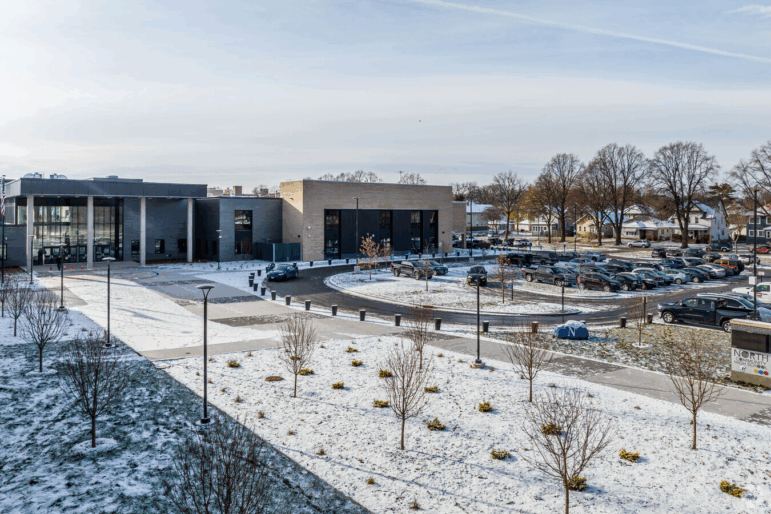More Than a Car Ride: The Quiet Power of Showing Up
In some Minneapolis neighborhoods where the streets can pull young people in different directions—some inspiring, others dangerous—something as simple as a car ride can become a powerful tool for peacebuilding. For Odell (“Coach Biggs”), those car rides home after practice aren’t just about transportation—they're about connection, safety, and hope.
Every day, Coach Biggs works with a team of young athletes who come from all kinds of backgrounds, some with one foot in the streets and another on the field. What they all share is a hunger for belonging and a quiet readiness to open up—when they know someone’s really listening.
Protection in Motion: “I appreciate you”
Some of the high school student athletes couldn’t attend post-practice team dinners—just blocks away—because certain areas weren’t safe for them. One young player’s parents wouldn’t let him go. He was known in the neighborhood, and not always in a good way. The risk of being jumped, shot, or targeted was too high.
Coach Biggs saw the pattern. He saw how fear of walking a few blocks could shrink a young person’s world. So he made a quiet adjustment: he’d drive him there, and back. Just the two of them.
That night, the boy looked both ways before getting out of the car, then turned to say something that would stay with Coach forever: “Coach, I appreciate you.”
It wasn’t just about gratitude. It was about feeling seen. Feeling safe. Feeling like someone was willing to interrupt a dangerous pattern and offer something better.
In neighborhoods where young people are often left to navigate threats on their own, that ride became an act of protection—and a disruption. It said: You’re not alone. You don’t have to walk through danger to feel like you belong.
Others might look at that kid and assume he’d be fine, or worse, not care at all. But Coach made a promise in that moment: “Don’t ever worry about walking home. I got you.”
And he meant it.
What Coach offered wasn’t just a lift—it was a pause in the cycle. A message that safety and inclusion isn’t something you earn; it’s something every young person deserves.
Backseat Conversations, Frontline Peacebuilding
These car rides grew. First one kid, then two, then the whole car filled up with boys who not only needed a ride, but who wanted to talk, to be seen, to be heard. The rides home became more than just a way to get from A to B. They became a space of learning, trust, and healing. A space where boys could crack jokes one minute and ask real questions the next.
One night, five boys piled into Coach Biggs’ car after practice. During the drive, he asked four of them if they wanted to go to college. He left one out on purpose—a small test to see if the boy in the back was tuned in. Sure enough, a voice piped up: “Hey, you didn’t ask me, but I wanna go to college too.” That moment said everything. Positivity, when it's real, is contagious. No one wants to be left out—not from a game, not from a future.
Whether it was a late night after an away game or a quick ride to avoid danger zones, that steady commitment built something more than trust. It built peace. Peace that started in a car, in conversations, in consistency. Peace that rippled out, one relationship at a time.
This is what real youth engagement looks like. It’s showing up, again and again, with no strings attached. It’s knowing when to ask questions and when to just drive. Sometimes, it’s just making sure a kid gets home safe—and knows someone out there genuinely wants him to.
In communities torn between struggle and survival, relationship-building is resistance. It's protection. It's peace.
And sometimes, it starts with one coach, one car, and one simple promise:
“I got you.”
From Rides to Community-Led Events
The school year is almost over and the games may have stopped, but the sense of community is still in full motion. Students are stepping up. They already meet at Nonviolent Peaceforce’s Hub for Nonviolence and Safety. But now, they plan to take a more active role in NP’s neighborhood events, like Coffee/Lemonade sessions and BBQs—turning moments of connection into broader, community-led events.
These moments of care and consistency—whether it’s a shared meal, a backyard game, or a simple conversation—are proof: when youth are seen, heard, and included, they step forward. Not just into a car, but into community. Into responsibility. Into leadership. Into peace.
The season may be done, but the team is still showing up. And now, they're creating something of their own.

